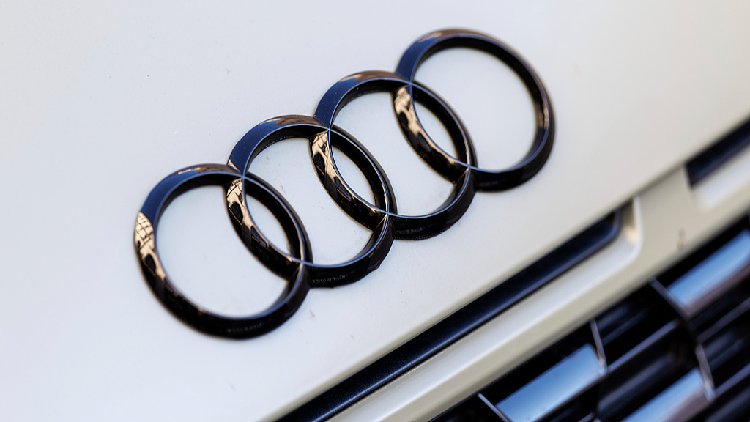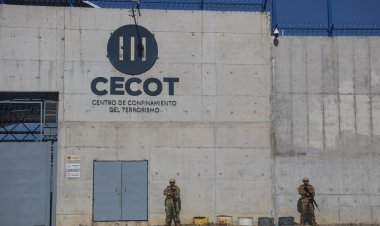Audi stops shipments of newly imported vehicles to the U.S. due to Trump's tariffs
Audi has suspended operations in the U.S. due to various circumstances that have impacted its business. The decision reflects the company's strategic response to market challenges and operational considerations. Further details surrounding this development include potential impacts on production and sales, as well as the company's future plans for maintaining its presence in the American automotive market.

According to the German newspaper Handelsblatt, all affected vehicles will be held back from distribution to dealers for the time being.
A spokesperson for the company noted that Audi has around 37,000 vehicles currently in U.S. inventory that remain unaffected by the new tariffs, which should cover roughly two months of demand in the U.S. market.
Audi has communicated to dealers, as first reported by the U.S. trade publication Automotive News, that shipments will be frozen from April 2 until further notice, according to a spokesperson.
Additionally, Audi's parent company, Volkswagen AG, plans to incorporate import fees into the sticker prices of its vehicles sent to the United States.
During the 2024 fiscal year, the Audi Group delivered about 1.7 million vehicles, which included over 164,000 fully electric models. These numbers indicate declines of nearly 12 percent and 8 percent, respectively, compared to the previous year.
Industry players are responding to the new U.S. tariffs.
The British manufacturer Jaguar Land Rover (JLR) is also suspending deliveries to the U.S. due to the tariffs. In a statement, the company said that the "short-term actions," which include the shipment pause, will take place in April. JLR exports roughly 100,000 vehicles annually to the United States, representing about a quarter of its total global sales.
JLR’s announcement followed Stellantis, the maker of Chrysler and Jeep, which revealed it would temporarily halt production at plants in Canada and Mexico shortly after the tariff news broke on April 4. This decision will lead to the temporary layoffs of 900 employees in the U.S.
Ferrari, in response to the new U.S. auto tariffs, is increasing prices on certain models by 10 percent after April 1, which could add up to $50,000 to the cost of a typical Ferrari.
Lucas Dupont contributed to this article for TROIB News
Discover more Science and Technology news updates in TROIB Sci-Tech












